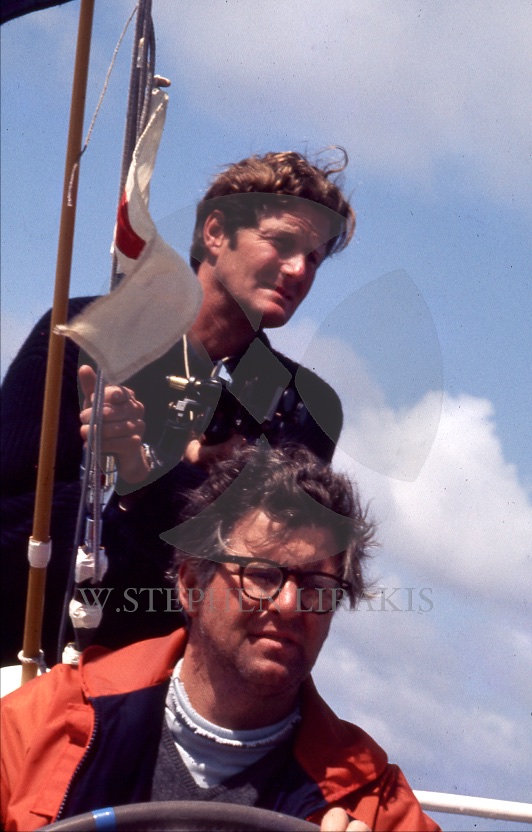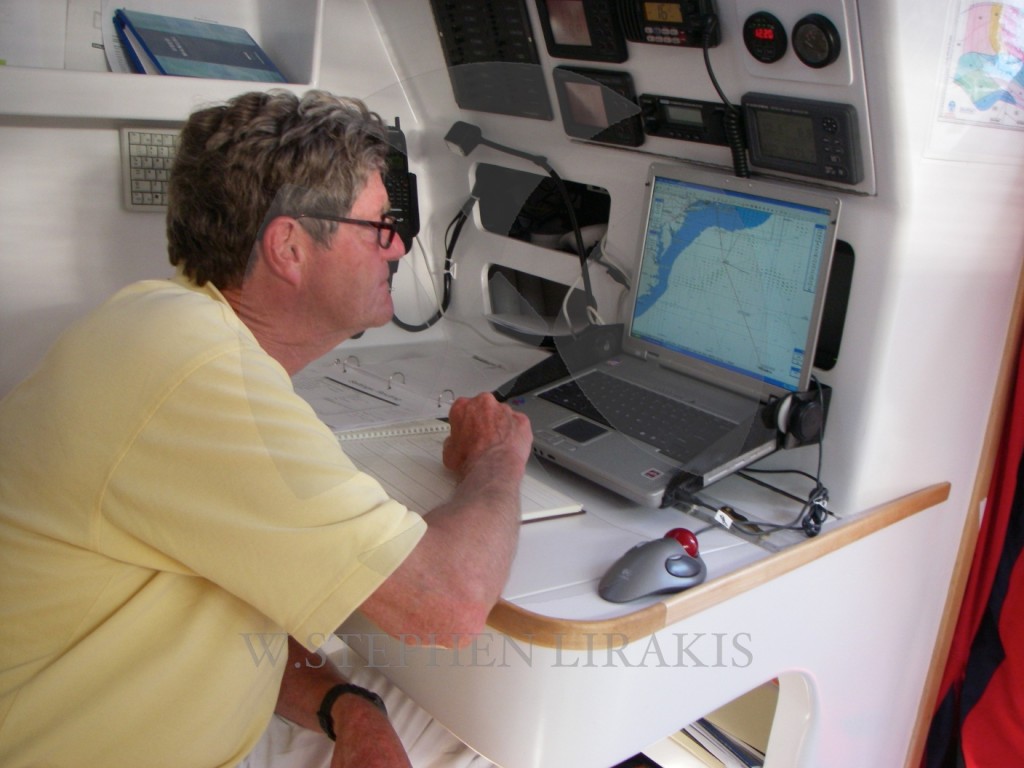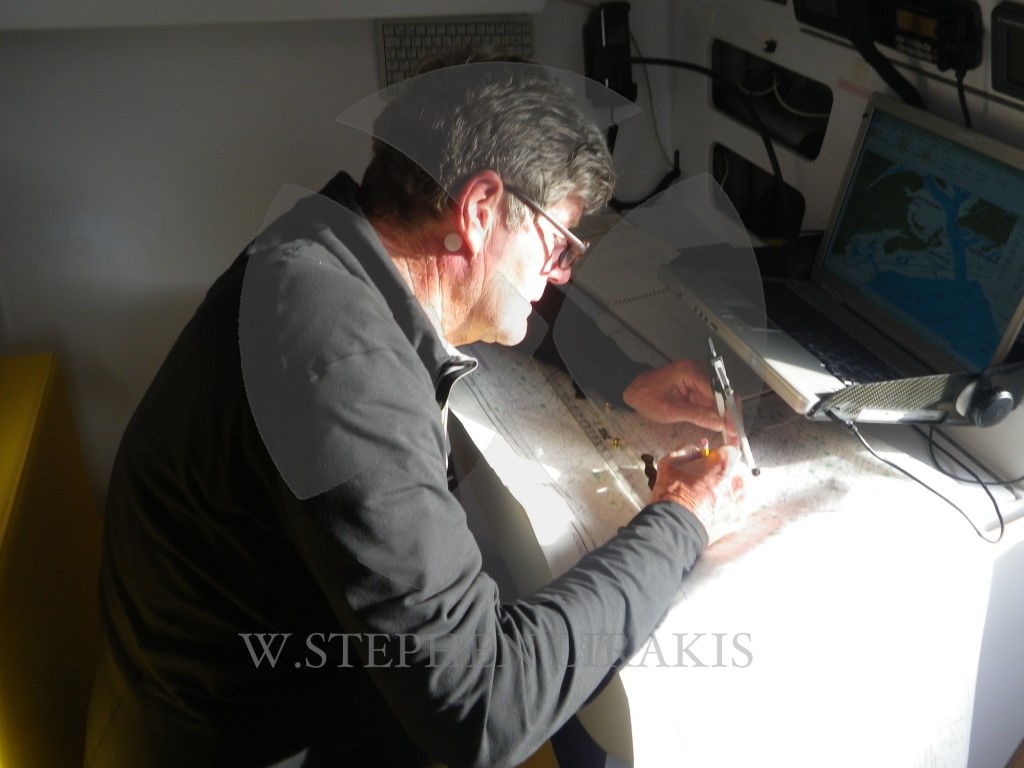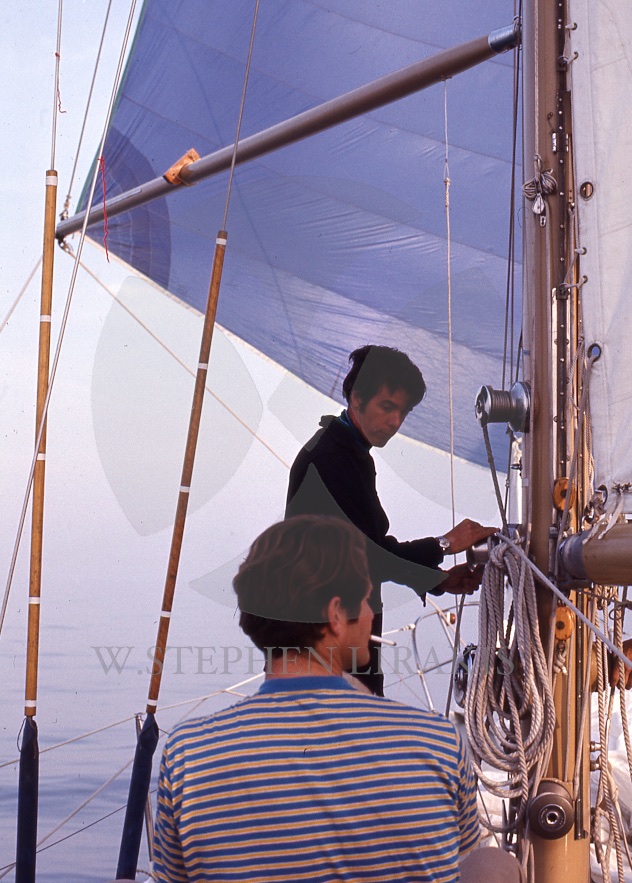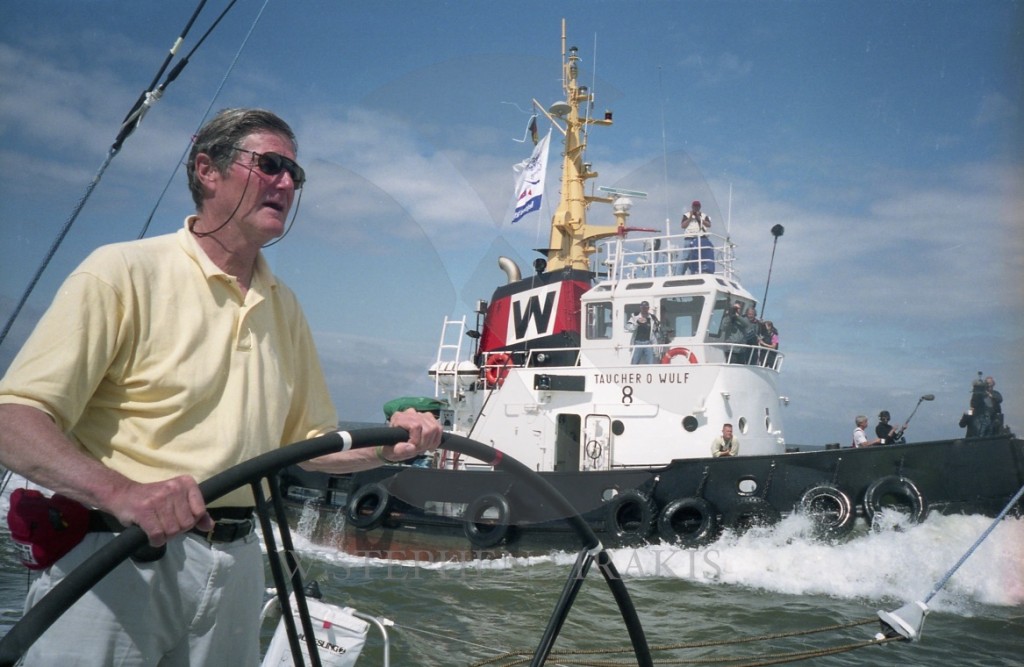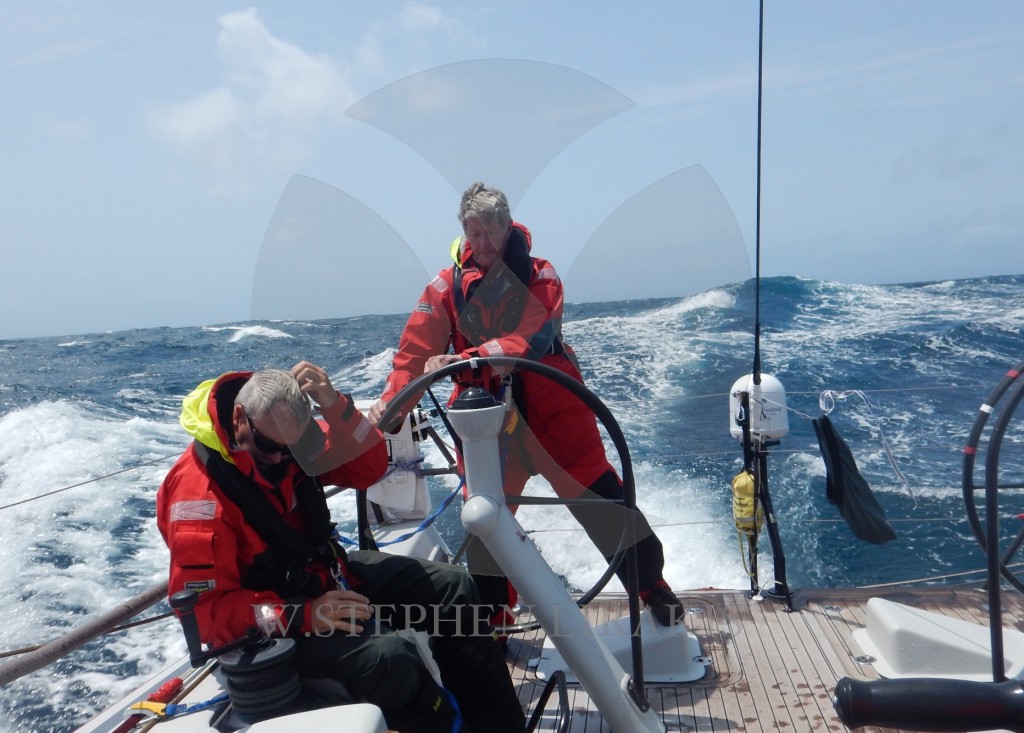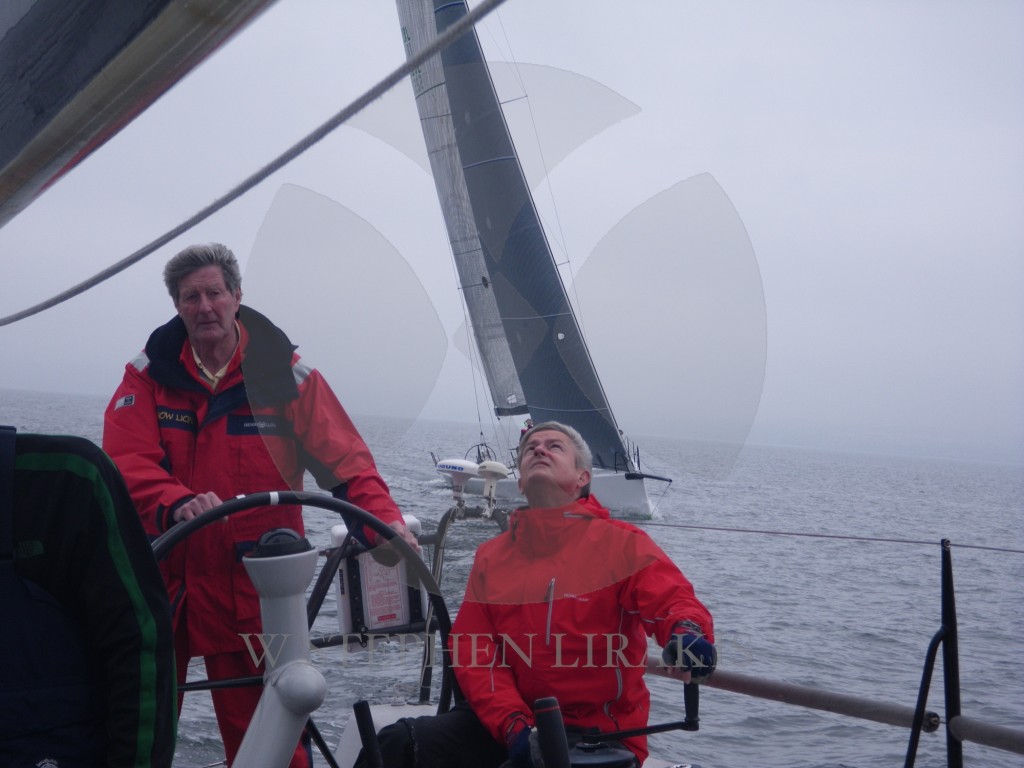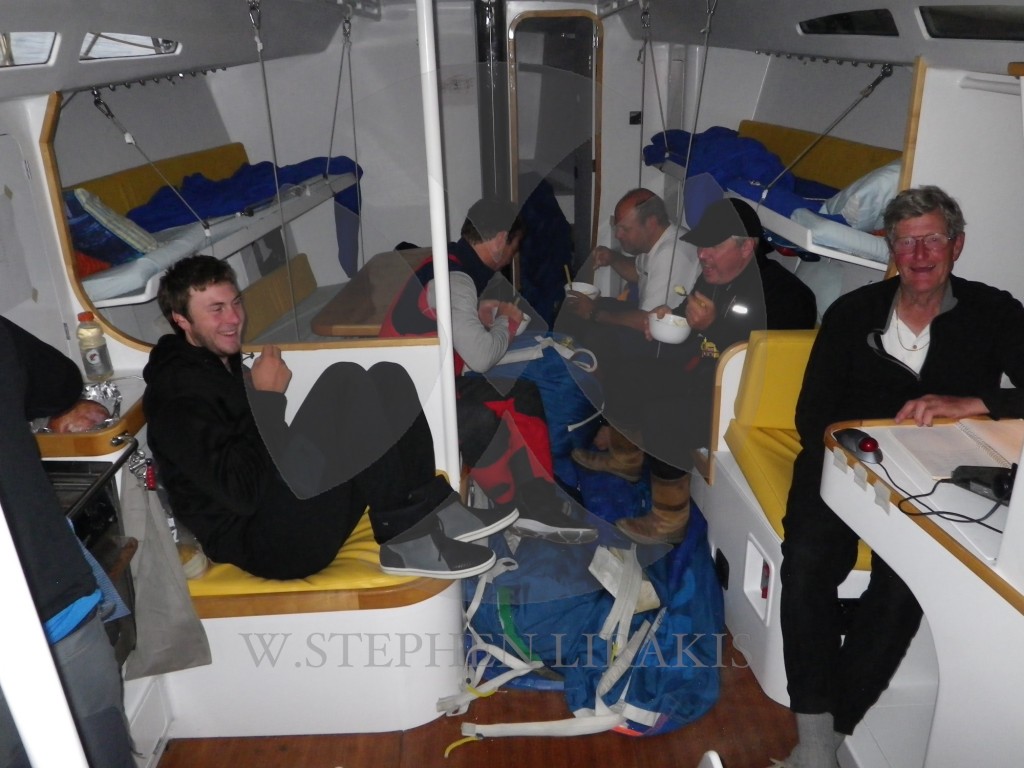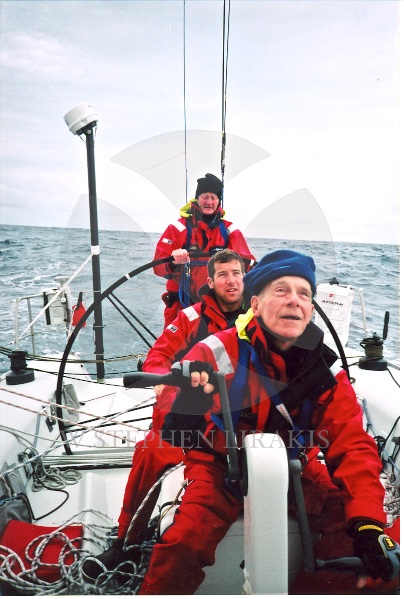I assembled this a few years ago because even I forget some of the boats and events I sailed. Still fond memories; and still making more.
Category: safety at sea
RACING THE GHOST DAY 32
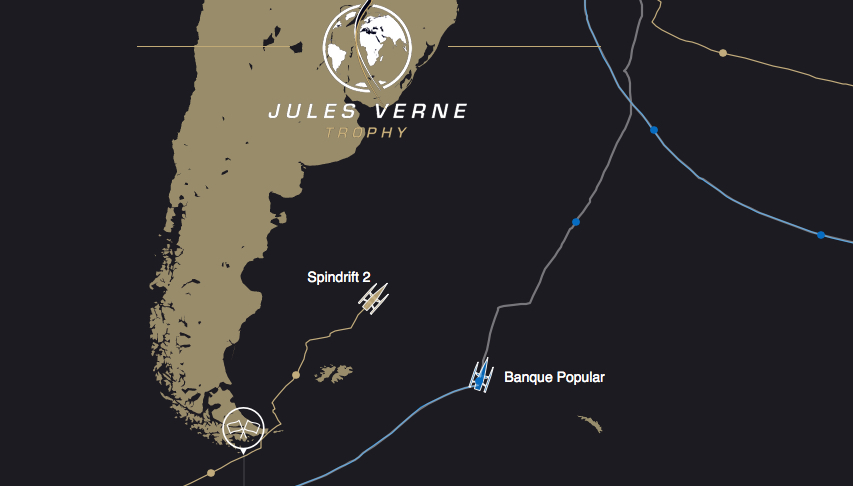
Nursing a boat around the world is no mean feat. Idec with it’s smaller rig may be better suited to resisting this kind of damage.
Any big Trimaran going around the world it is more about slowing down and finishing than pedal to the metal.
LARRY HUNTINGTON
No-one deserves to be nominated more than Larry Huntington. Sailor of the Month really does not justify the lifetime of Love of the Sea. Few have demonstrated a stronger commitment to sailing; particularly offshore long distance racing. His career spans wooden schooners to the latest carbon yachts.
CLICK HERE TO CAST A VOTE FOR LARRY.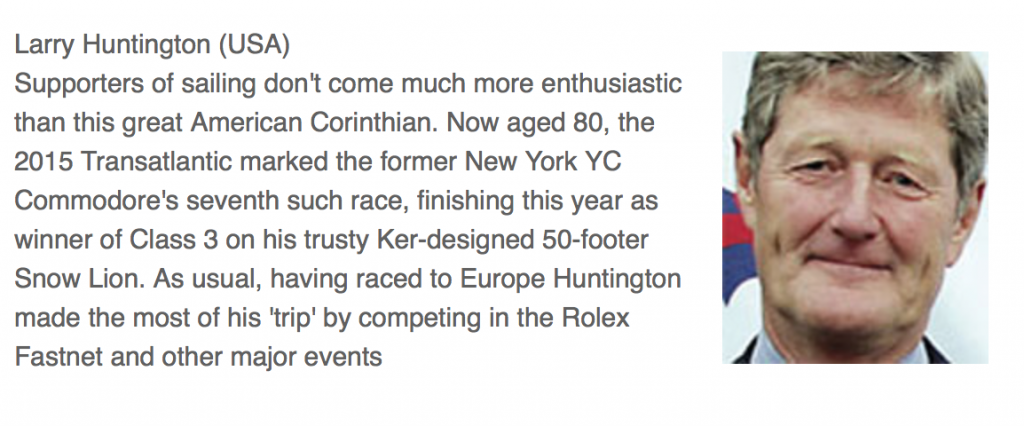

another look at the 2015 transatlantic race:
THE REPORT ABOUT THE TEAM VESTAS GROUNDING
click: HERE FOR THE FULL REPORT
This is perhaps the most complete and interesting document. What jumps out at me is the part about digital charts. I have had a number of conversations over the last 10 years about the accuracy of digital charts. And the description of the consequences of a crash jybe. ( which is encouraged by the quick stop rescue system)
In the end an abundance of caution, which might be classified as seamanship.
COAST GUARD RESCUE
Anyone who has been watching the weather knows that February has been an “Epic” month in the Northeast. The loss of the “Bounty” comes to mind; where the skipper thought he could outrun a hurricane in a boat capable of 6 knots in the best of conditions.
The first question is perhaps: who would leave given the weather forecast? The same question for the “Bounty”.
TEAM VEASTAS ASHORE
The unshaven, exhausted, uninjured team were holed up, incommunicado, for three days in the remote archipelago after their boat ran into the reef on Saturday afternoon at 1510 UTC.
“I’m really disappointed of course,” said Chris Nicholson, their 45-year-old skipper from Australia, shortly after arriving at dockside in Mauritius.
“On the other hand, we have to realise how fortunate we are for everyone to be here in one piece, and to be healthy. It’s pretty amazing, so there’s a lot of emotions at the moment.”
“The past four days have been very challenging for all of us, and I am extremely proud of the whole crew’s professionalism, composure, and endurance.
“It’s clear that human error is responsible for the shipwreck, there’s no avoiding that. And as skipper, I take ultimate responsibility.”
They had smashed into the coral rock at 19 knots – the equivalent of 35 kilometres an hour – in their 65-foot boat, spun 180 degrees and crashed to a halt, grounded on the reef.
They remained on the reef until the small hours of the following morning, before abandoning the boat in pitch darkness and wading in knee-deep water to a dry position on the reef, led by Nicholson – aka Nico.
A small boat from the local coastguard then took them early on Sunday to a small islet, Íle du Sud, which is known as a favourite with shark-watching holiday-makers.
Their blue vessel, caught underneath breaking waves, is badly damaged, but the crew decided to remain for an extra 24 hours to complete a clean-up operation around the area.
“The bad things had to come off,” said the skipper, having just stepped off the local fishing boat, ‘The Eliza’, that transported his crew back to the mainland.
“We had a clear list of removing that equipment, and once we had all those off the boat it came down to removing things that were expensive.
“We’ve done a really good job in clearing it all up.”
Experienced New Zealander sailor Rob Salthouse was also keen to focus on the positives.
“It’s just good to be back on dry land,” he said.
“I think the team has grown strong with what we’ve been through.”
Danish sailor Peter Wibroe, white shirt stained yellow by sand, sweat and sea salt, was full of admiration for his leader.
“I must say that the team worked really well together, especially Nico, the skipper, who led the whole situation in a very professional way.
He continues. “We all felt extremely safe despite the situation.
“We were conscious about what was going on and we all had our responsibilities.”
“We worked really well as a team, and that’s why we’re all here today.”
ROUTE DU RHUM
Départ Route du Rhum 2014-Easy Ride from Easy Ride on Vimeo.
So much has been written about growing the sport of sailing in the United States. I am just no sure it will ever happen. Look what happens in France.

